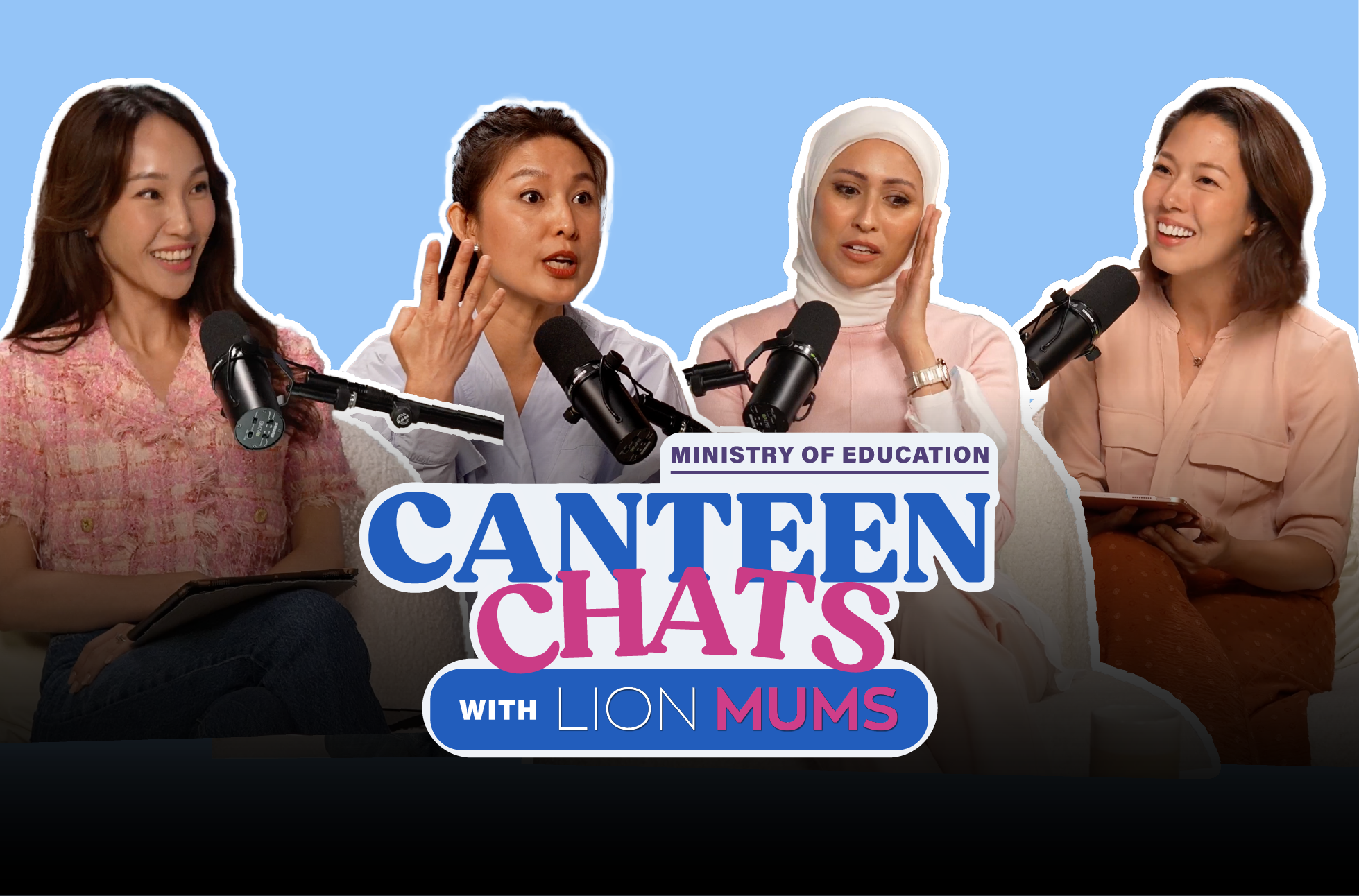“Literature makes us better thinkers. It moves us to see the multi-sidedness of situations and therefore expands the breadth of our own visions, moving us towards dreams and solutions we might not otherwise have imagined.” – Judith Langer, Envisioning Literature.
In Literature, students read and respond to a variety of literary texts from the genres of prose, poetry and drama. The texts can range from classics such as Shakespeare, to modern works such as The Boy in Striped Pyjamas, by John Boyne. The greatest value of Literature is that it promotes empathy as it develops in the child a greater understanding of the human condition.
What would my child gain through the study of Literature?
When students study Literature, they learn to appreciate words and their power. They travel to other realms and times through the texts they read. They understand about their own culture and others’. They learn to empathise with characters, to feel their joys and pain. For example, one 15-year old student shared with me that when studying the short story, “The Shoes of My Sensei”, by Goh Sin Tub, he could put himself into the shoes of those who lived through World War II, and understand their suffering, and what it was like during that time.
Importantly, they learn to consider multiple perspectives and understand the complexity of human nature. Take, for example, George Orwell’s Animal Farm. Do we feel Napoleon is fully responsible for the miserable lives the animals lead? Aren’t the other animals responsible for their own plight too, having allowed Napoleon to tyrannise them? In Literature, as in life, things aren’t always so clear cut, in black and white. And therein lies the value of the subject – it prepares one for the ambiguities of life, to take uncertainties in one’s stride.
Moreover, in Literature, students develop a sense of individuality and creativity, as they develop their own opinions about issues in their texts. They also learn skills of persuasion – they need to convince others of their interpretations, and this builds their confidence.
Students learn skills of self-management as well. A 14-year old once told me he learnt that he needed to be resilient in the face of adversity, just like the main character in his Literature text. Another student shared this piece of advice: “If you’re in a bad situation, you may think there is only one solution; but in Literature you’re always looking at different ways of answering questions, and you can apply this in life as well, to find other solutions to problems.”
Literature develops in students enduring values, such as integrity, compassion, loyalty and responsibility. For example, in a text like Arthur Miller’s The Crucible, the main character chooses to sacrifice his own life rather than betray his friends and neighbours. When considering this character’s motivations, students discuss the value of integrity. They reflect on what it takes to be a man or woman who commands the respect of the people around them even in difficult situations. The texts students explore give them multiple opportunities to discuss and reassess their own values and beliefs. These act as a compass in life as students grow up.
So how would this subject help my child in his/ her future aspirations?
The values and skills learnt through Literature will serve students well in taking up a range of professions. This includes, among others, diplomacy and foreign relations, hospitality and tourism, engineering, legal services, education, business and healthcare.
Literature also develops in students critical and creative thinking skills, and encourages students to draw links between global and local issues. It involves negotiating with others through collaboration and effective communication. These are essential in the 21st century, as increasingly more jobs become outmoded by the development of artificial intelligence. Those who wish to remain relevant would be the ones who can accomplish what machine thinking cannot, and Literature develops just such skills.
Should my child take up Full or Elective Literature? What is the difference?
In Full Literature, students study Prose, Poetry and Drama, while in Elective Literature, students study Prose and Poetry. Both Elective and Full Literature allow students to develop literary skills, but with Full Literature, students are exposed to more texts and spend more time deepening their literary knowledge, skills, and dispositions.
How can I support my child in his/ her study of Literature?
Talking about Literature is great way to bond with your child. Try one or more of the following:
- Invite your child to share the stories he or she is reading in Literature.
- Use your own life stories to connect with your child’s literary texts.
- Discuss world issues over dinner and ask about the connections your child sees between these issues and his or her literary texts.
- Ask questions that occur to you about the texts – asking questions is a wonderful way of learning about Literature and your questions could help spark your child’s interest in his or her texts.
Have fun exploring the world with your child through Literature!
You may wish to view this video on ‘Why Study Literature?’ to learn more about the key 21st century competencies that students can acquire through the study of Literature, and how these may be applicable in their future careers.
Before you advise your Secondary 2 child, take time to also find out about the other Humanities subjects – Geography, History and Social Studies.






